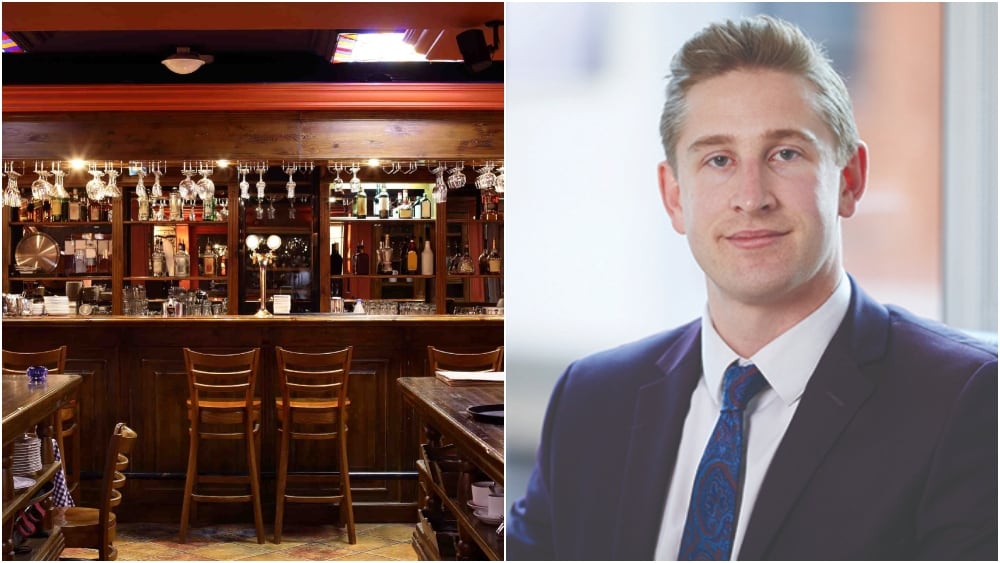Over the years, the introduction of asset of community value (ACV) status has played a significant role in shaping the future of many pubs across the UK.
While ACVs are designed to protect beloved establishments, they can also bring challenges for pub owners, operators and potential buyers.
What is an ACV?
An ACV is a designation given to buildings or land that are deemed to have significant importance to the local community.
Under the Localism Act 2011, community groups can apply to have a pub listed as an ACV, which provides them with the right to bid for the property should it be put up for sale.
The intention behind this legislation is to safeguard pubs that contribute to the social fabric of an area. Once listed, an ACV designation lasts for five years, after which it must be renewed if the community wishes to maintain the protection.
How ACVs affect pub sales
Although ACV status is intended to protect pubs, it can also complicate the buying and selling process.
When a pub is listed as an ACV, the owner must notify the local authority of their intention to sell, triggering an initial six-week moratorium for the community group to decide if they wish to make a bid, followed by a six-month moratorium period during which community groups can raise funds and formalise an offer.
However, this requirement only applies if the property is being sold with vacant possession.
Sales structured as a transfer of a going concern (TOGC) are exempt from this notification requirement, as the business continues to operate as a pub without interruption.
That said, sellers and buyers must carefully consider the purchaser’s structure. If the buyer acquires the going concern but intends to separate the goodwill for example, by tenanting the pub, the freehold element of the transaction can be deemed vacant possession. In such cases, the obligation to notify the local authority and trigger the moratorium would still apply.
For sellers, this can introduce delays and uncertainty. For buyers, particularly commercial investors, ACV status and the nuances around possession can be perceived as restrictions, potentially affecting the property’s marketability and value.
Early engagement in the sales process
If a pub is listed as an ACV and you wish to enter into a sales process, it’s crucial for all parties - owners, agents, and the local community - to engage early and constructively. For example, attending parish council meetings to discuss the future of the pub and answer any questions. This helps build trust and transparency.
While most communities genuinely want to protect their local pubs from redevelopment, they sometimes feel obligated to submit a bid even when they are not able to proceed. This can unnecessarily prolong the sales process and affect the value of the property.
Instead, communities can register the pub as an ACV, which protects it for five years, but not express an interest in making an offer, allowing the vendor to sell the pub for continued use as a pub without triggering the full moratorium process and thereby delaying the process.
Positives
- Community protection: ACVs help prevent the loss of cherished pubs, ensuring they remain accessible to local residents.
- Increased engagement: Pubs with ACV status often benefit from stronger community involvement, leading to higher patronage.
- Preservation of heritage: Many historic pubs have been saved from redevelopment due to ACV listings
Negatives
- Sales complexity: The six-month moratorium can deter potential buyers and slow down transactions.
- Investment challenges: Some investors may be reluctant to purchase an ACV-listed pub due to perceived restrictions.
So far in 2025, we have seen a noticeable rise in the number of pub transactions where local communities have successfully come together to purchase their local pub.
While this trend is encouraging for community ownership, it’s crucial for sellers to approach these situations with a clear understanding. ACV status gives communities six months to make an offer but this does not obligate the seller to accept it. Sellers should ensure that any community bid is part of a competitive sales process to ensure fair market value is achieved.
Importantly, the legislation does not prevent marketing the property during the moratorium period, and sellers are well within their rights to explore interest from other parties but not exchange contract, and reject offers that do not reflect the true value of the asset.
When working with community groups on a potential purchase, it is essential for both the seller and the group to have a solid understanding of how the acquisition will be funded.
Transparency around funding sources helps build trust and ensures that expectations are realistic from the outset. Community groups may rely on a variety of funding methods, including pledges from residents, commercial loans, crowdfunding campaigns, or support generated through social media outreach.
Each of these approaches comes with its own timelines, risks, and requirements, so early and open discussions about financial planning are key to a successful and sustainable transaction
At Christie & Co, we understand the complexities surrounding ACV-listed pubs. While the listing can be a hurdle in some transactions, it also highlights the deep-rooted value of these establishments to the local community.
Whether you’re looking to buy, sell, or operate a pub, navigating ACV status requires careful consideration and strategic planning.




